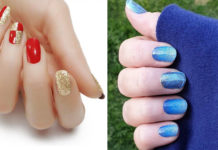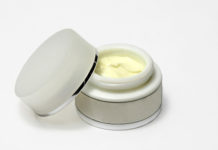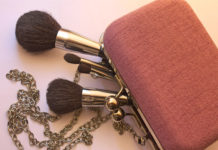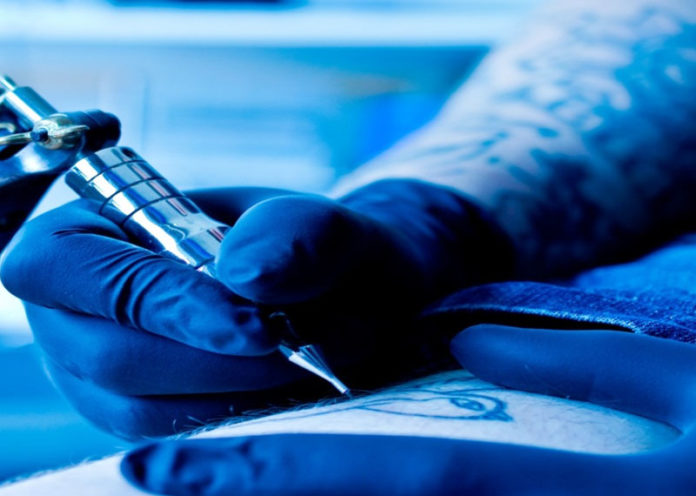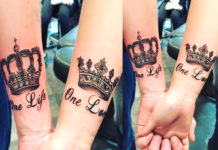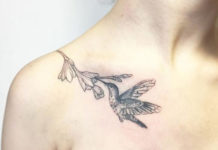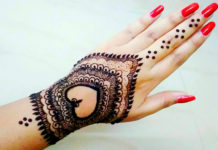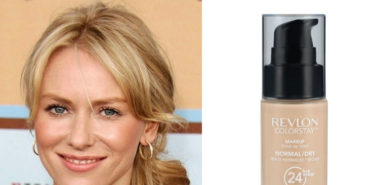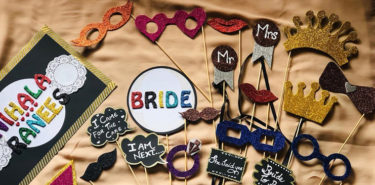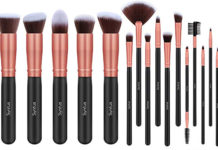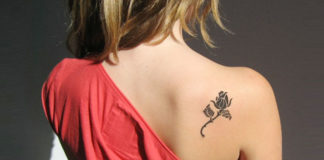Affiliate Disclaimer
Some links in this article are affiliate links. We may earn a small commission if you make a purchase through these links, at no extra cost to you. We only recommend products we find useful to our readersTattooing is an ancient form of body art wherein, a certain amount of indelible ink is injected into the top surface of the skin, to permanently change the pigmentation. The word tattoo was adapted into the English language, in the 18th century, from the Polynesian dialect. Before that, the western world recognized this particular art form as painting, scarring or staining.
The word itself was first brought to the west, by the famous explorer, James Cook, after he returned from one of his voyages of New Zealand, and Oceania. Early evidences of the art form being practiced, dates back to as early as the ancient Egyptians, and Aryans of the Indus valley.
In the modern world, the whole concept of Tattooing has taken on a completely new Avatar. It is no more the vocation of the village witch doctor, or the spiritual healer of the community.
Tattoo artist, today, are a force to reckon with, in the fashion industry. The studios are plush, and the clients need to get appointments for sittings, days, and even weeks in advance, depending on the celebrity status of the artist. The charges vary with the size, per square inch of the tattoo, or as per the detailing work it needs.
Here is a guide on the Tattooing techniques that you should know before you decide to get inked for the first time. Our modest words, would not only give you a clearer picture of the final outcome, that you have in your mind, but would also let you estimate the kind of pain you would experience during the process.
Our publication of Tribal Tattoos
Tattooing techniques Must Know
1Lining
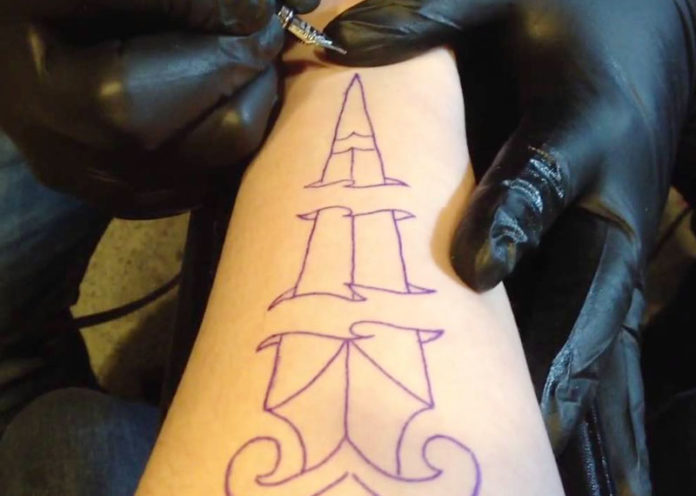
The first thing that you need to know about tattooing is that, rather than a single oscillating needle, the tattoo gun, which is literally the paint brush of this art form, uses a bunch of sharp, oscillating needles, that injects the ink into your skin.
Lining is done by round needles, depending on the density of their cluster, would form the thickness of the lines. It is used for getting the basic outline of the design, and is generally the first stage of the whole process.
If you are looking to get a rudimentary design, with limited or no detailing at all, then lining is probably the only procedure that you would have to undergo. A tattoo done exclusively with this technique should be both easy on your pocket, as well as, relatively less stinging to your skin.
2Shading
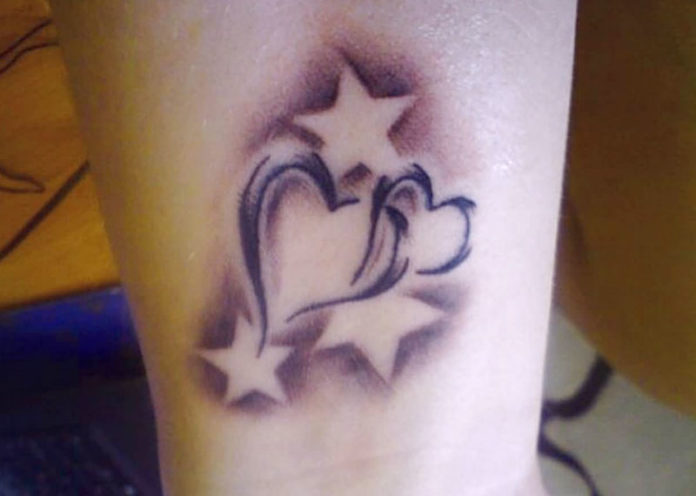
The shading techniques of the artist, is what differentiates them from their peers. Done mostly in black ink, shading is done to give depth to the image, that greatly enhances the lasting impression of the final product.
It is either the pressure with which the gun is applied to your skin, or the concentration of the ink itself, that determines the outcome. Yet the aesthetic appeal of the image depends on the artist’s understanding of light.
3Colouring
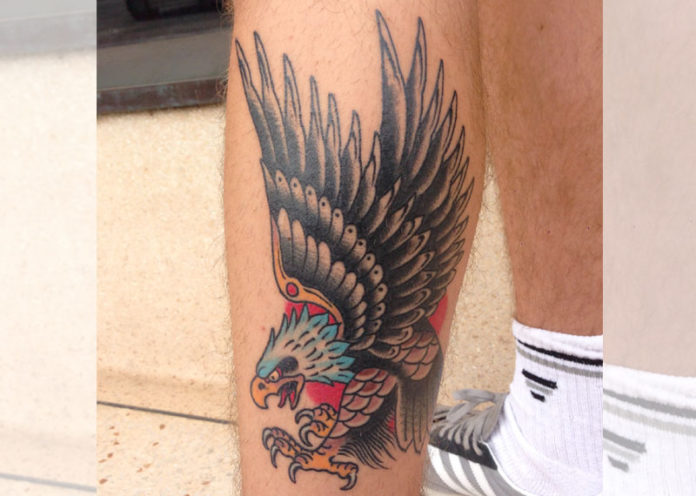
Filling the gaps in your design with ink is known as colouring. The definition is where the simplicity of the technique ends.
Colouring can again be done by a number of different technique, so as to get various effects. The gun could either be run across the length of the skin to get a shading effect on the design, or a group of concentric circles could be used in order to achieve a more consistent colouration.
The artist generally prefers to use one colour at a time, on the whole design, depending on its complexity. As the needles need to be changed, with every new colour, hence a high level of efficiency has to be maintained, so that the colours do not get mixed.
Shading and colouring are both carried out with a thicker group of needles, so that a larger volume of ink is supplied to the skin surface. You could only imagine the pain, when a blunt device pierces your skin, as compared to a sharper one.
4Lettering
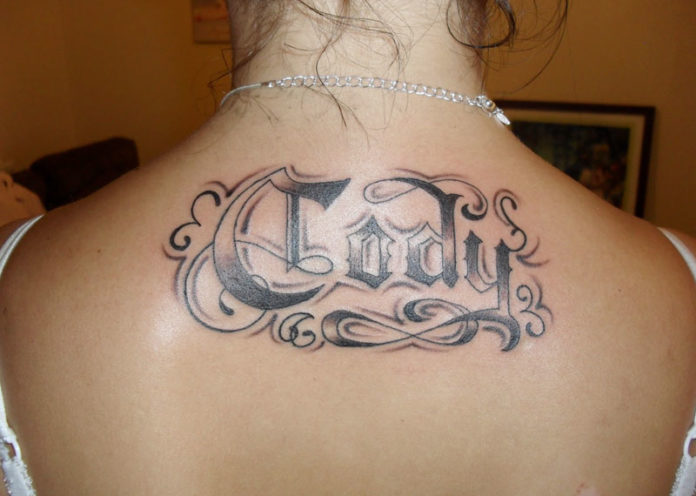
Getting names or quotations, inked on your body is one of the most everlasting trends in the fashion industry. Technically speaking, lettering is only an advance form of lining. The advancement levels may although, vary from artist to artist, depending on their proficiency level.
What you really need to understand, before you plan on getting words etched on your body, is the spacing you need to have between the letters and words. Size and font of the letters, is best left to the discretion of the artist, until and unless you have something very specific in mind.
List of the best tattoo artists in India
By Abhro




